What Are Your Protein Requirements?
Protein is an essential macronutrient, crucial for building and repairing tissues, producing enzymes, and supporting overall health. Yet, when it comes to how much protein we actually need, confusion abounds, especially with the rise of high-protein diets and fitness trends. Let’s break down what the scientific evidence and Irish food-based dietary guidelines say about protein and how to apply these recommendations to your daily diet.
Why we need protein
As we see protein-centric products such as bars, shakes, powders, and so called “fit meals” fill our supermarket shelves, coupled with a sea of advice from social media and fitness influencers emphasising protein as a “must-have” for achieving weight-loss, muscle gain, and better health, it can often lead to confusion about how much protein we actually need. There is no doubt that protein is essential for various bodily functions, such as growth and repair of muscles, skin and other tissues, production of hormones and enzymes that regulate bodily functions, supporting a healthy immune system, and maintaining bone health. However, this “trend” has many people overestimating their requirements or fearing they are not getting enough. As a result, individuals may hyper fixate on the amount of protein in their diet and subsequently, overlook the importance of a balance and variety of nutrients in their diets, leading to potentially imbalanced eating habits.
How much do we actually need?
So, let’s debunk that sea of advice and take a deep dive into how much protein we actually need.
Age Recommended Dietary Allowance (RDA) (Grams of protein per kg body weight)
Adults aged 18-64 years 0.7-1 g/kw body weight
Adults aged over 65 years 1.0-1.2g/kg body weight
As per the table above, the recommended dietary allowance for protein in Ireland for healthy adults is lower than many would imagine. Protein requirements are calculated based on your weight (grams of protein required multiplied by kilogram of body weight). Using the calculations above, a 70kg adult requires 49-70g of protein per day. As this demonstrates, protein requirements are broad (21g difference between 49g and 70g in this example) and may differ depending on factors such as age, pregnancy, lactation, menopause and physical activity level.
Older adults require more protein to prevent sarcopenia (age-related muscle loss), which increases the risk of frailty and falls.
Irish food-based dietary guidelines recommend 2 servings per day of foods from the meat, poultry, fish, eggs, beans and nuts shelf on the food pyramid. One serving may include 50-75g cooked lean beef, lamb, pork, mince or poultry (half size of the palm of your hand), 100g cooked fish, soya or tofu, ¾ cup beans or lentils, 2 eggs or 40g nuts or seeds. So, if you consume a protein source in 2 out 3 of your main meals in day, you are most likely meeting you protein requirements.
How Much Is Too Much?
Protein is essential for optimal health. However, consuming excessive amounts offers no additional health benefits and may strain your kidneys, intestines and liver over time. For most adults, consuming more than 2g/kg bw per day regularly is unnecessary, unless medically indicated.
In conclusion, while protein is essential for health and performs a wide array of critical functions in the body, it’s important to understand individual requirements rather than following trends or advice from unqualified personnel. Balancing protein intake from a mix of high-quality animal and plant-based sources, while avoiding excessive consumption, ensures that protein contributes to a varied, sustainable, and healthy diet.

